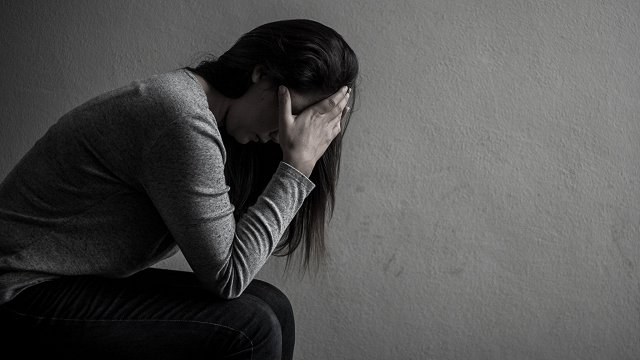But even those who have successfully underwent treatment say that they have to continue proving to others that depression isn't just a figment of their imagination, reported Pieci.lv radio Tuesday.
"Each day it became more and more difficult, I didn't want to go out, I just wanted to lock myself into a room with the curtains down, I didn't want to laugh, nothing," said Iveta, who has been struggling with postpartum depression for four years.
Depression is one of the most common mental illnesses in Latvia, though only about 10% diagnosed with it seek treatment.
"Each tenth person who comes to visit a family practitioner, for whatever reason, like [to receive a] consultation, he has a depression that requires immediate treatment. According to our estimates, it's about 70,000 people in Latvia. And you can compare the 70,000, the figure of our research, and about 8,000 who have underwent treatment [..]," said Elmārs Rancāns, head of the Psychiatry and Narcology Department at the Rīga Stradiņš University.
Depression can lead to suicide - and Latvia is among the highest-ranking countries by the rate of suicides.
"At times people are overcome with thoughts that leaving life is the easiest option - the so-called suicidal thoughts.
Up to 80% of people who have took their own lives were, at that moment when they did it, in a depressed state that hadn't been recognized and treated accordingly," said Rancāns.
The campaign Don't turn your back, started last year by the Centre for Disease Prevention and Control, aims to inform the society about mental illnesses, and the myths related to them that are still rife within society.
Toms Pulmanis, head of the center's Mental Health Promotion Department, said that the campaign isn't limited to depression.
The campaign aims to educate people about symptoms, encourage those stricken by disease to seek help, and not to turn away from people and to lend them a helpful hand when they need it.
The website of the campaign, www.nenoversies.lv, helps to inform the society about mental illnesses and lists institutions and crisis centers where people can turn for help.































